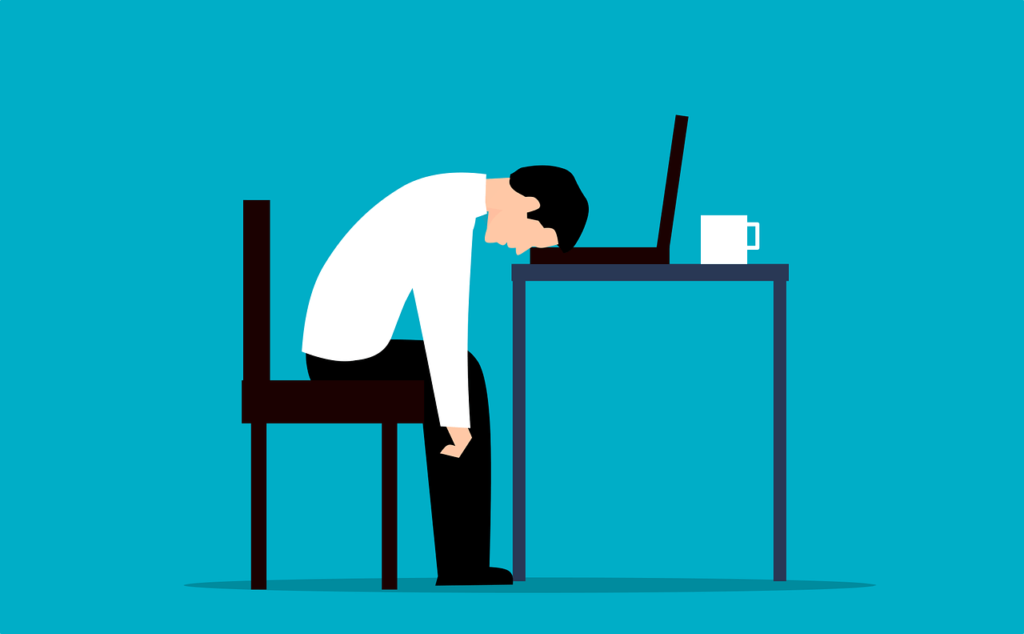What Is Teeth Grinding (Bruxism)?
Teeth grinding is literally what it sounds like, the patient will rub their teeth together with force, they are generally unaware that they are doing it. It can also be a side effect of dealing with external pressures like stressful situations, or it even might happen when you are sleeping.Not everyone who grinds their teeth is aware that they do grind their teeth. They might not even be conscious when they are doing it. But teeth grinding, is a very common dental issue that affects a large number of patients. If you ever ground your teeth before or clenched your jaw tightly you might not think bruxism is that bad. However, over time the added friction and pressure from the grind can damage your teeth by, wearing away enamel, fracturing them, damaging fillings or other appliances.
Does bruxism have any symptoms?
There are some symptoms that are exhibited by bruxism, but they may not tell you that bruxism is the cause.
- Grinding your teeth at night may be loud enough to wake your partner.
- Wearing away the tooth enamel can cause pain and sensitivity.
- Pain similar to an earache, but you have no inner ear problems.
- Locked or a tight jaw that has trouble opening.
- If your teeth feel flat on the top surface.
- Headache that starts at the temples.
- Increased tooth pain or sensitivity.
- Damaged cheek from chewing.
- Tired or tight jaw muscles.
- Sleep disruption
What are some remedies for grinding teeth?
Mouthguards and splints
If you have nighttime bruxism your dentist may recommend you a mouthguard. This can be a fairly affordable and easy way to cure your nighttime bruxism, even if you might not like wearing the mouth guard in the beginning. If the mouth guard is uncomfortable, here are a few different types of mouthguards available to try:
- Over-the-counter
- Boil-and-bite
- Custom-made
Reductive coronoplasty
Reductive coronoplasty is a practice where your teeth are actually purposefully reduced due to overcrowding, misaligned, or crooked teeth. Some patients may naturally have teeth that grow in crooked or a jaw that is too small for their teeth. If this is the case, then the teeth are reduced to the point where they are more comfortable for the patient.
Your dentist can tell you if reductive coronoplasty is a viable solution for you.
Biofeedback Therapy
Stress Reduction
Bruxism may be one of the ways how your body deals with stress, this is pretty common since people tend to tense up when they’re annoyed, or angry, or agitated in general. The best way to deal with this is a two-fold approach if you should:
Stress Management
If you are aware of something, you can increase your chances of controlling it. If you notice your bruxism starts when you are under more pressure, or stress of some kind, maybe find another output for that energy.
Here are a couple of things that often help people deal with stress:
- Exercise – Even a ten-minute walk around the block will greatly help you calm down.
- Stress ball – Get a squeezable ball that you can actively use when your stress is high.
- Talk to someone – Confronting your stress is always better than not dealing with it.
- More sleep – Sleep is imperative to a healthy lifestyle. Lack of sleep will increase stress.
- Time away – Try to keep up interesting hobbies, and a social life that will keep you happy.
- Therapy – If your stress is always high you may need better coping mechanisms.
- Meditation – Spend 30-60 minutes by yourself actively meditating.
- Less caffeine – If you are already agitated, adding more energy will make it worse.

Tongue & jaw exercises
Try the following:
- Try opening your mouth will keeping your teeth together, this will help relax the jaw.
- Say the letter, “N” out loud. This will give you more awareness on your teeth grinding.
Complications from bruxism
- Headaches
- Pain in the jaw, face, and ears
- Wearing down and flattening of teeth
- Loose or painful teeth
- Cracked, damaged, or fractured teeth
- Breakage of fillings and crowns
